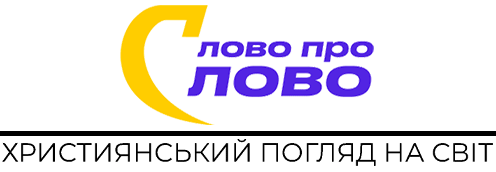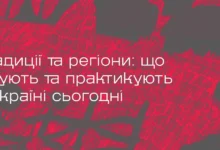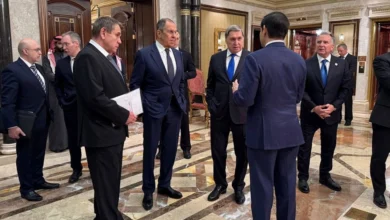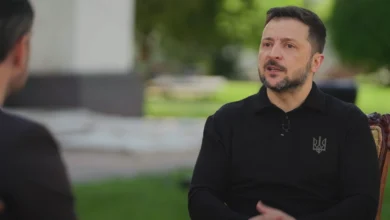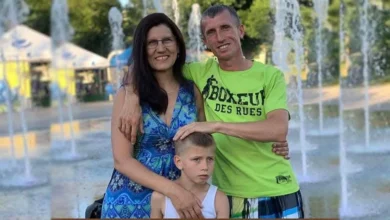Is Ukraine an “Artificial” Nation? A Christian Response to Spiritual Imperialism

During two recent international trips, at least three evangelical ministers (one from the Czech Republic) tried to explain to me that Ukraine is an “artificial” country with a “fabricated” national identity, language, and church. As a Ukrainian Christian, it was deeply painful to hear this — especially considering the death of my brother, who was killed by Russians while defending our allegedly (in their view) “artificial” people.
Let’s suppose Ukraine is “artificial” because historical processes and political developments shaped its current legal and internationally recognized borders. If that is the case, then we must acknowledge that virtually every nation on Earth is equally “artificial.”
Is the United States “artificial” because it emerged through revolution, territorial purchases, and the fusion of diverse populations into a collective identity that continues to evolve?
Is Canada “artificial” because it crystallized from British colonial territories through negotiation, rather than ancient inevitability?
Is Italy “artificial” because it breathed like separate lungs for centuries before unifying in the 19th century — with regions of distinct dialects, traditions, and cultural memories finding a shared purpose?
Is Germany “artificial” because of its own journey from fragmentation to unity, its identity forged through historical contingency rather than timeless continuity?
Are the nations of Latin America, Africa, and Asia “artificial” because hands other than their own first traced their borders on maps? Does the origin of a boundary invalidate the lived reality within it?
A profound contradiction is exposed when certain voices selectively apply this label to Ukraine while granting metaphysical permanence to the equally contingent national evolutions of countries like Russia and the United States.
The Russian Federation itself emerged only decades ago, incorporating numerous non-Russian peoples and territories acquired through imperial ambition and force. Its borders, like any other nation’s, were drawn by human hands.
The claim that the Ukrainian language is “artificial” or merely a dialect of Russian fundamentally misunderstands how human expression evolves and diversifies. Ukrainian possesses its own distinct phonology, vocabulary, and grammar, tracing back to Kyivan Rus’, with a unique literary tradition and historical development. By such shallow logic, we would reduce Portuguese to “artificial Spanish,” or Norwegian to “artificial Danish.” Where, then, does the diminishment of human expression end?
At Pentecost, the divine miracle did not manifest as imperial linguistic uniformity, but as mutual understanding across differences — God’s affirmation that truth transcends yet honors the diversity of human tongues. The miracle preserved distinctiveness while enabling comprehension — not the other way around.
This attempt to erase Ukrainian identity reflects not historical accuracy but spiritual imperialism, one that elevates the narratives of “great” nations to cosmic status while reducing smaller nations to fiction. It directly contradicts the biblical vision in which “the nations will walk by its light, and the kings of the earth will bring their splendor into it” (Revelation 21:24).
Each nation brings its unique gifts to God’s Kingdom. Erasing any national or linguistic identity diminishes the fullness of human expression as ordained by God. It distorts the mission of the Church, transforming its universal embrace into an instrument of imperial theology.
To call a people “artificial” is to reject God’s mission. Claiming authority to decide which human communities are worthy of redemption, a future, and recognition — and which are not — is a reversal of the Gospel, placing human empires above the divine command to “make disciples of all nations.”
When we delegitimize the existence of a people, we position ourselves as judges of God’s creative work and rewrite the story of Pentecost into a tale of domination rather than divine diversification.
In a world fragmented by power — a world that seeks to erase the divine mosaic of human racial and ethnic diversity — our Christian calling is not to legitimize the empires that decide who deserves to exist. Rather, we are called to stand in prophetic solidarity with the threatened and marginalized. For Christ is not found in the palaces of those who redraw maps through blood and conquest, but among those striving to preserve the unique identity God has woven into the redemptive tapestry of humanity.
